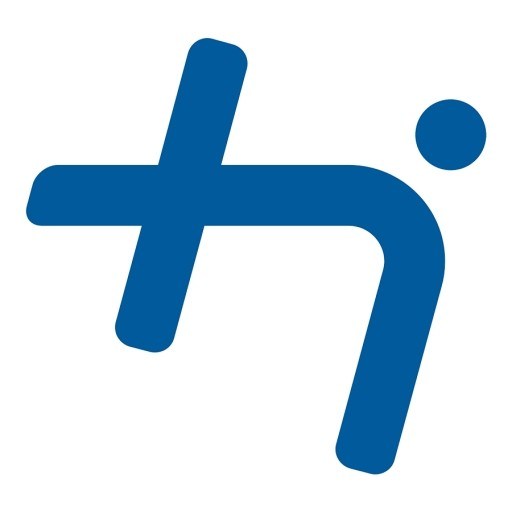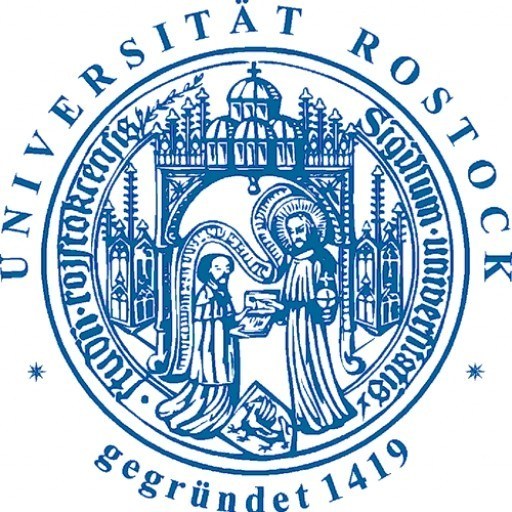Photos of university / #universitaet.tuebingen
Computational Neuroscience, neural data analysis and models of neural coding and computation, physical and physiological basis of neural recordings and brain imaging, computational motor control and computational vision, rehabilitation robotics and brain computer interfaces, systems neuroscience and neurophysiology, basic mechanisms of learning and memory, mathematics, statistics and programming, machine learning for neuroscience, theoretical neuroscience, behaviour and cognition.
The Master's program in Computational Neuroscience at the University of Tübingen offers a comprehensive and interdisciplinary curriculum designed to equip students with the essential skills and knowledge to understand, analyze, and model the complex functioning of the nervous system. The program integrates principles from neuroscience, computer science, mathematics, and physics, providing a solid foundation for students interested in exploring the computational aspects of brain function and neural systems.
Students will engage with a diverse set of courses covering areas such as neurobiology, neural signal processing, statistical data analysis, machine learning, and computational modeling. The program emphasizes both theoretical understanding and practical application, enabling students to develop sophisticated models of neural activity, design algorithms for data analysis, and simulate neural networks. These technical skills are complemented by courses in experimental methods and neuroscience theory, fostering a well-rounded perspective on the current challenges and innovations in the field.
The Master's program includes opportunities for hands-on research, allowing students to work closely with faculty on ongoing projects in neuroinformatics, cognitive modeling, neuroimaging, and systems neuroscience. This experiential learning prepares graduates for careers in academia, industry, or healthcare, where advanced computational techniques are increasingly vital for understanding brain disorders, developing neural interfaces, and creating artificial intelligence systems inspired by neural principles.
Students are encouraged to participate in interdisciplinary seminars, workshops, and collaborative projects that promote innovation and networking within the scientific community. The program also prepares students for subsequent doctoral studies by providing rigorous research training and access to state-of-the-art laboratories and resources at the university's neuroscience campus.
Overall, the Master's in Computational Neuroscience at the University of Tübingen aims to cultivate highly skilled, research-oriented graduates capable of advancing our understanding of neural systems through cutting-edge computational approaches. The program’s flexible structure allows students to tailor their coursework and research focus according to their interests and career goals, fostering a personalized and enriching educational experience that prepares them for the rapidly evolving field of computational neuroscience.
Target audience: This MSc programme is aimed at students with a first degree in physics, mathematics, computer science, bioinformatics, engineering or a related field who have a strong interest in biomedical and neural science and technical applications. Profound knowledge in maths (linear algebra, analysis), statistics, elementary probability theory, and programming skills in at least one language are compulsory.
Applicants must provide proof of their English skills. (TOEFL, IELTS,…)
The financing options for the Master’s program in Computational Neuroscience at the University of Tübingen are structured to support students throughout their studies, although specific details may vary annually. Generally, students enrolled in this program can benefit from a variety of funding sources, including scholarships, grants, and student employment opportunities. The university offers several scholarship programs targeting international students, high-achieving applicants, and those with specific academic or research interests. These scholarships are competitive and often cover partial or full tuition fees, as well as living expenses. Additionally, there are external funding options such as funding from government agencies, research foundations, and private organizations which students are encouraged to apply for, often with the assistance of the university’s student services and international office.
Students may also consider part-time work to finance their studies, as Tübingen’s local job market supports student employment in various sectors, including research assistants within the university's departments or administrative roles. The university provides guidance on legal work limits for international students, ensuring they can earn supplementary income without violating visa regulations. Furthermore, students are advised to explore scholarships specifically dedicated to science and engineering disciplines, which are frequently available at the national level through programs like DAAD (German Academic Exchange Service) scholarships.
Tuition fees for international students are generally affordable compared to other countries, and the university’s financial aid office offers personalized counseling to help students identify suitable funding options. Moreover, the university promotes awareness of additional financial support, including loans and sponsorships, tailored to international students’ needs. The institution also encourages early planning and application for financial aid, emphasizing the importance of securing funding well before the commencement of studies. This comprehensive approach ensures that students can focus on their academic and research commitments in computational neuroscience without undue financial hardship.
Special features
The Graduate School of Neural Information Processing provides a research-oriented training. The curriculum includes two internships of 7 and 9 weeks, where students have the opportunity to get in contact with the research groups at the BCCN Tübingen, the MPI for Biological Cybernetics, the MPI for intelligent Systems, the Natural and Medical Science Institute (NMI), the Center for Integrative Neuroscience (CIN), the Hertie Institute for Clinical Brain Research and the University of Tübingen (Faculty of Medicine and Faculty of Science).
Scholarships are available for excellent international students.
Professional fields
The graduate program of Neural Information Processing offers a unique curriculum and exciting research opportunities for graduate students who wish to pursue careers in neuroscience in science and academia. The integrated curriculum offered in this program will give students a broad expertise that is not easily achievable in any individual department.
PhD options
After the masters program students have the opportunity to continue directly with their doctoral thesis and enter the doctoral Program for neural Information Processing.









